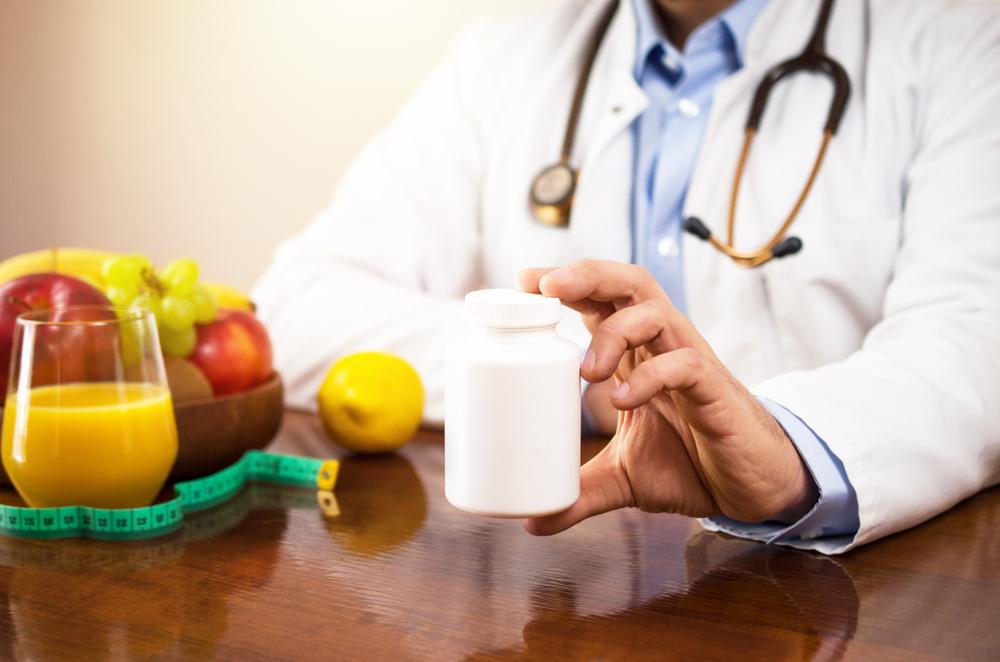Alnur Truly Halal Services
Nutraceuticals And Supplements

Halal Certification for Nutraceuticals and Supplements
What are nutraceuticals?
Any product generated from food sources that offers additional health advantages over and above the essential nutritional content present in foods is referred to as a nutraceutical under the broad umbrella term.
Nutraceutical products can be thought of as non-specific biological medicines that are intended to improve overall health, manage symptoms, and stop cancerous processes.
The word “nutraceutical” is a combination of the words “nutrient,” which refers to a nourishing dietary ingredient, and “pharmaceutical,” which refers to a prescription medication. Stephen DeFelice, the founder and chairman of the Foundation for Innovation in Medicine, an American organization with headquarters in Cranford, New Jersey, came up with the name in 1989.
According to a Greek physician named Hippocrates, who is regarded as the father of medicine, the concept underlying nutraceuticals is to put an emphasis on prevention. He once said, “Let food be your medicine.” One of the most crucial fields of research focuses on their role in human nutrition, which has profound ramifications for consumers, healthcare professionals, regulators, food producers, and distributors.
Categories of nutraceuticals
Depending on the source, different goods that are connected to nutraceuticals are defined differently. These goods can be categorized in accordance with their natural origins, pharmacological conditions, and chemical make-up. Nutraceuticals are typically divided into four groups, including pharmaceuticals, functional foods, dietary supplements, and therapeutic foods.
A dietary supplement is an item that typically comes concentrated in liquid, capsule, powder, or pill form that contains nutrients derived from food products. Although the Food and Drug Administration (FDA) of the United States regulates dietary supplements as foods, their regulation is different from that applied to pharmaceuticals and other food products.
Functional foods are defined as those that are whole, fortified, enriched, or enhanced dietary components that may lower the risk of chronic disease and offer additional health benefits beyond the usual nutrients they include.
Companies can demonstrate trust and inspire confidence by achieving Halal certification.
Obtain Halal Certification for your private brand label product from Ant8s.org. Learn about the process of obtaining Halal Certification.
A contract manufacturer’s products range from startup products to established international brands. Particularly, contract manufacturers tend to have better cost structures, higher scalability, and more efficient supply chains. This includes being able to handle regulatory requirements and quality assurance, for which the manufacturer may have extensive expertise.
In order to maintain Halal integrity throughout the certification process, working with 3rd party manufacturers poses unique challenges that require teamwork from all stakeholders. As a short summary, this article describes the qualifications for Halal, the certification process, the licensing situation for certifications, and the advantages of Halal certifications.
Qualification
Two fundamental elements determine the qualification of a product :
- The product
- The production facility
The Product
Qualification begins with the product. After gathering documentation and data on the raw materials and ingredients, Ant8s technical team determines whether the product qualifies as halal.
Among the main criteria for evaluation are:
- Residues of Ethanol greater than 5000 parts per million
- Derivatives from Animals other than milk and honey
The Production Facility
Production Facilities are the second element of qualification.
The second element of qualification pertains to the production facility. During every step of the process the facility must maintain the integrity of the Halal identity of its products in order to qualify for Halal certification.
To make the certification process as efficient as possible Ant8s integrates with the existing systems of quality such as GMP, NSF or SQF to assess the production facility. So lets say if you are using a GMP protocol for your warehouse there are high chances that they will also meet Halal requirements, thanks to Ant8s seamless integration.
As you would with nut-free or gluten-free products, you can look at Halal certification for both the product and production facility as an allergen. To ensure that the facilities are clean, the product ingredients, production methods and cleaning steps are scrutinized.
Please feel free to apply with no obligations if you want your products qualified at no cost.